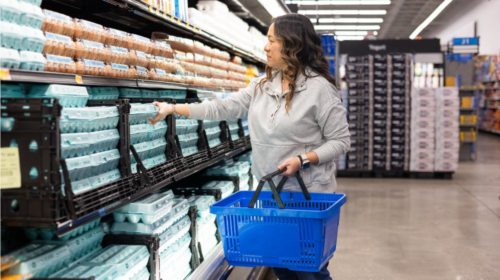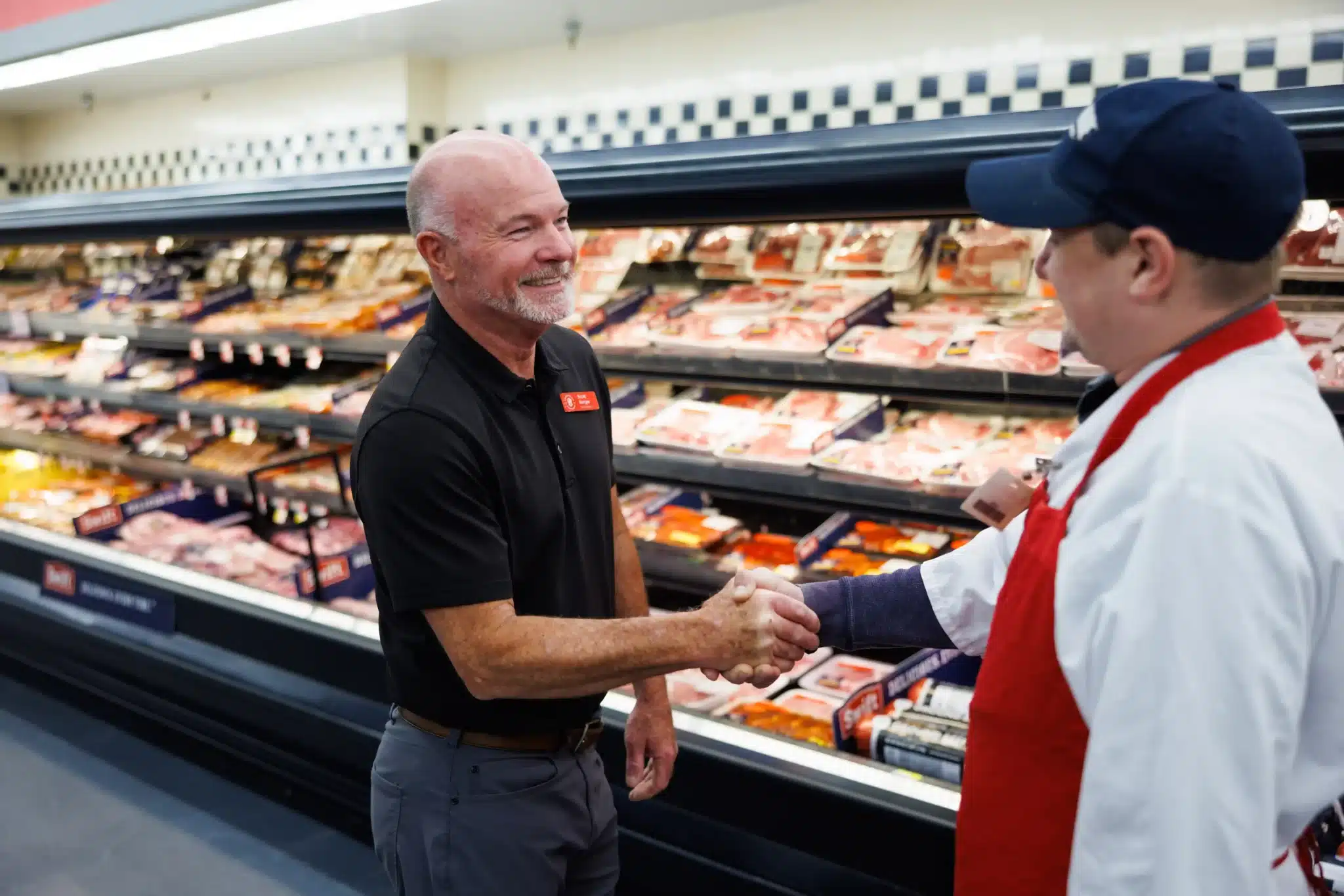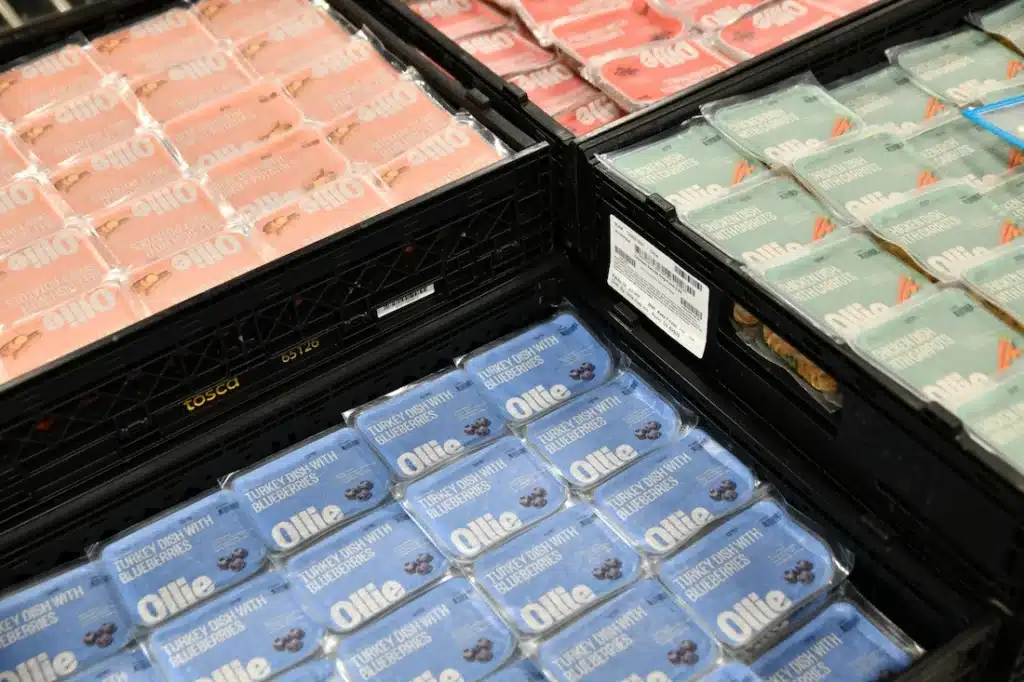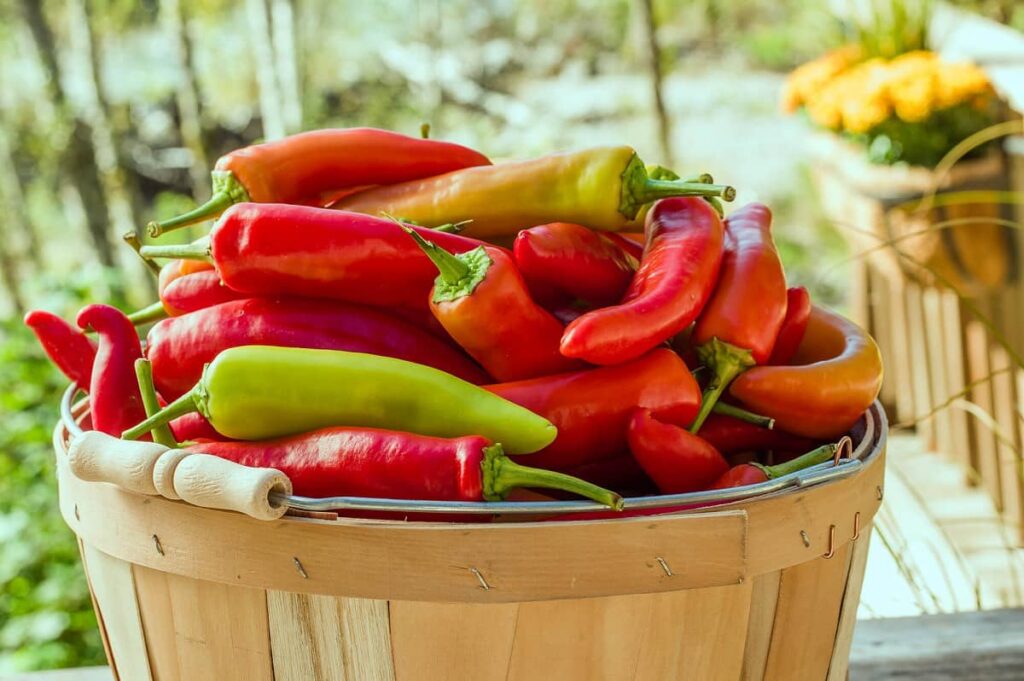From fragile to future-proof: Prairie Star Farms’ smart packaging upgrade
Published by hemasanghavi, under Customer stories
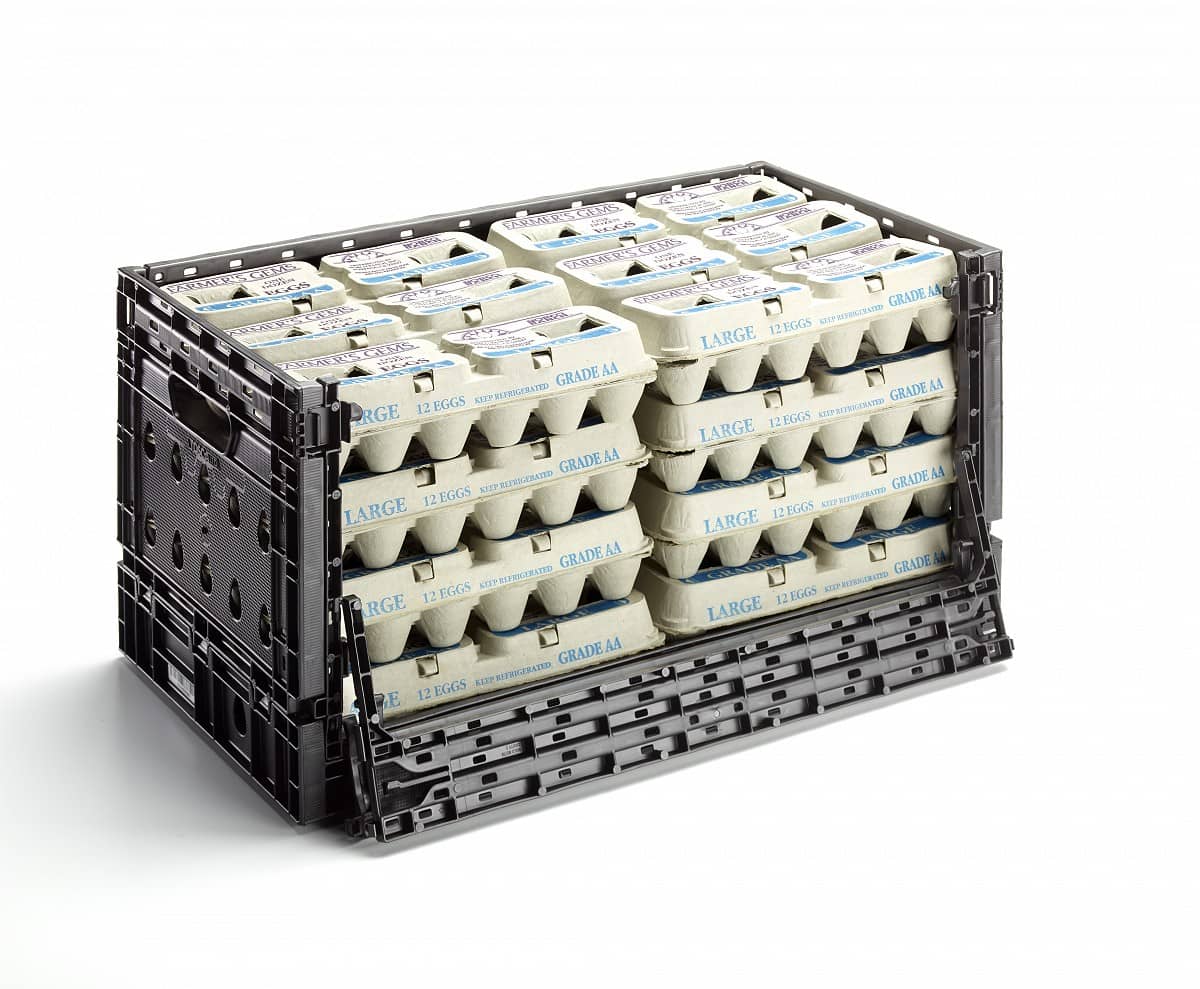
In this article
Prairie Star Farms has been delivering fresh, high-quality eggs since 1983. With three generations of expertise, they have long demonstrated a commitment to food safety, sustainability, and continuous improvement—even as the industry has evolved.
Few challenges have tested the industry like the ongoing H5N1 Avian Influenza crisis, which has caused egg shortages, record-breaking price spikes, and supply chain volatility. Prairie Star Farms isn’t the kind of company to idly wait for solutions; their proactive ethos led them to rethink their packaging.
To protect their product and meet demand, they needed a solution tailored to the realities of modern
egg production—not just the standard corrugated box.
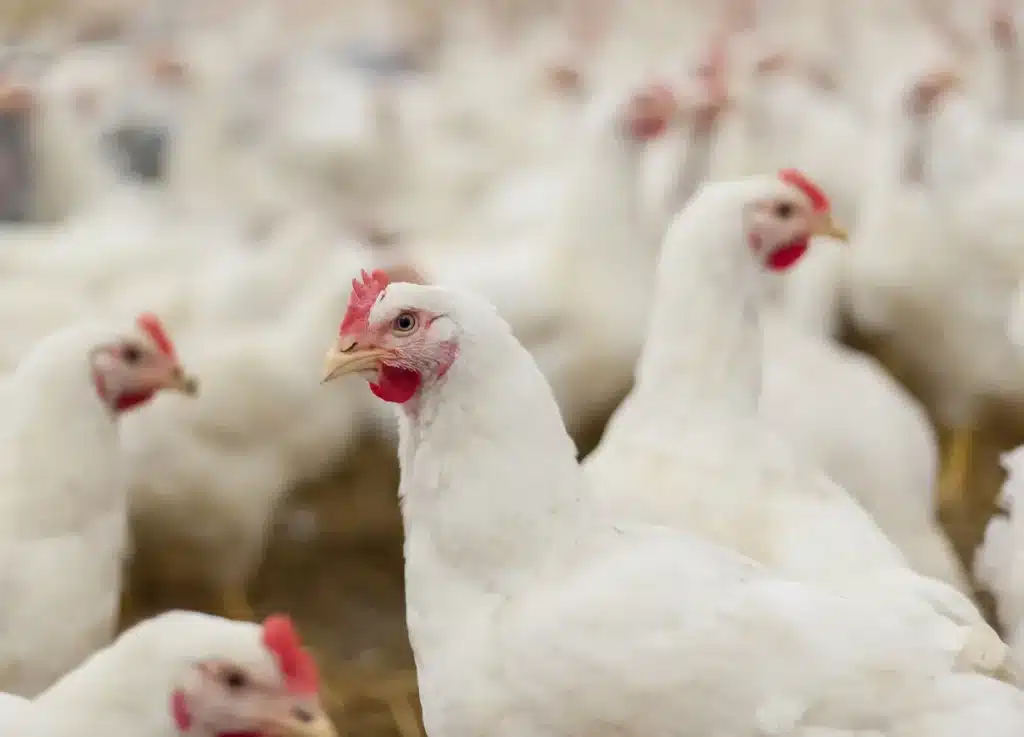
Protecting high-value products in a volatile market
After an Avian flu outbreak, it takes 19 to 20 weeks before hens are ready to produce eggs in newly repopulated barns. Because of the increased demand in a disrupted egg supply chain, Prairie Star Farms was packing and shipping up to three times its normal volume. Increased demand and lower supply also meant that each individual egg was now more valuable.
But their packaging hadn’t evolved to meet the increased demands of modern distribution.
Kurt Woeste, Logistics Manager at Prairie Star Farms, comments: “Eggs are high-value but lowmargin, so packaging quality is critical. Cold, moisture-rich environments make traditional boxes fail, and that failure leads to damage.”
Fragile product, risky packaging
Corrugated cardboard wasn’t designed to handle the realities of the supply chain, especially when it
comes to cold storage. In cold, humid environments, boxes absorb moisture, causing softening, sagging, and collapsed cartons.
Prairie Star Farms also struggled with inconsistent box sizes. It packs for multiple major retailers, including Walmart and Kroger, but each requires its own specific box type. The different box sizes required machinery adjustments in their automated processes, adding downtime to production. It also created logistical challenges for moving and storage.
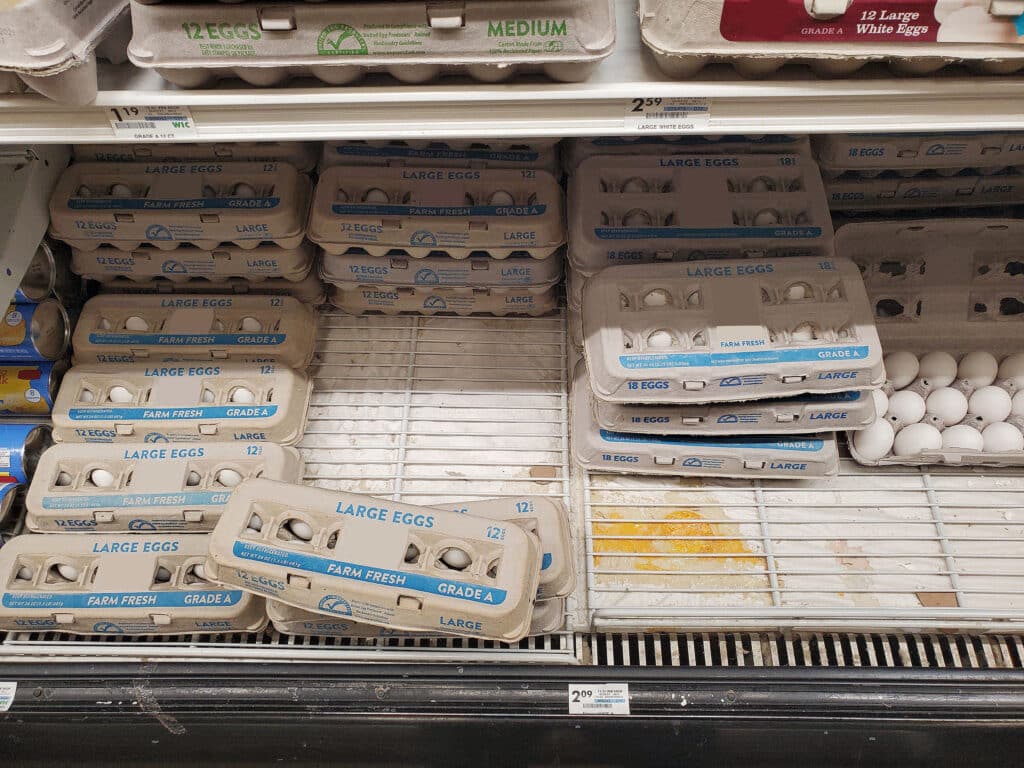
Single-use packaging, sustainability conflicts
Beyond product protection, Prairie Star Farms had another issue that conflicted with its commitment to sustainability. With 4 to 5 truckloads of eggs shipped daily, thousands of single-use cartons were discarded every day.
Woeste noted, “cardboard is easy—we buy it, they throw it away. But that’s a lot of obsolete packaging going straight to landfills.”
At the same time, retailers were increasing pressure on suppliers to reduce waste and adopt more sustainable packaging. Extended Producer Responsibility (EPR) laws across the country meant that Prairie Star Farms had to consider new obligations.
Why Prairie Star Farms switched to Tosca RPCs
Prairie Star Farms considered several different packaging options, quickly recognizing that another disposable material wasn’t the solution. They needed something reusable, built for highvolume egg distribution.
Tosca’s reusable plastic containers (RPCs) were the solution. Tosca’s RPCs maintain integrity, guard against product loss, and don’t absorb moisture. They’re designed to allow faster cooling, which keeps bacteria from growing, slows down the natural deterioration process, and reduces cycle time.
An independent study found that Tosca’s RPCs allowed eggs to cool freshly laid eggs to 45°F up to six times faster than corrugated boxes.
Just as importantly, using one standardized packaging footprint simplified Prairie Star Farms’ logistics. Since most major retailers work with RPCs, packing and shipping eggs to different retailers would be easier, eliminating the need to switch between box sizes.
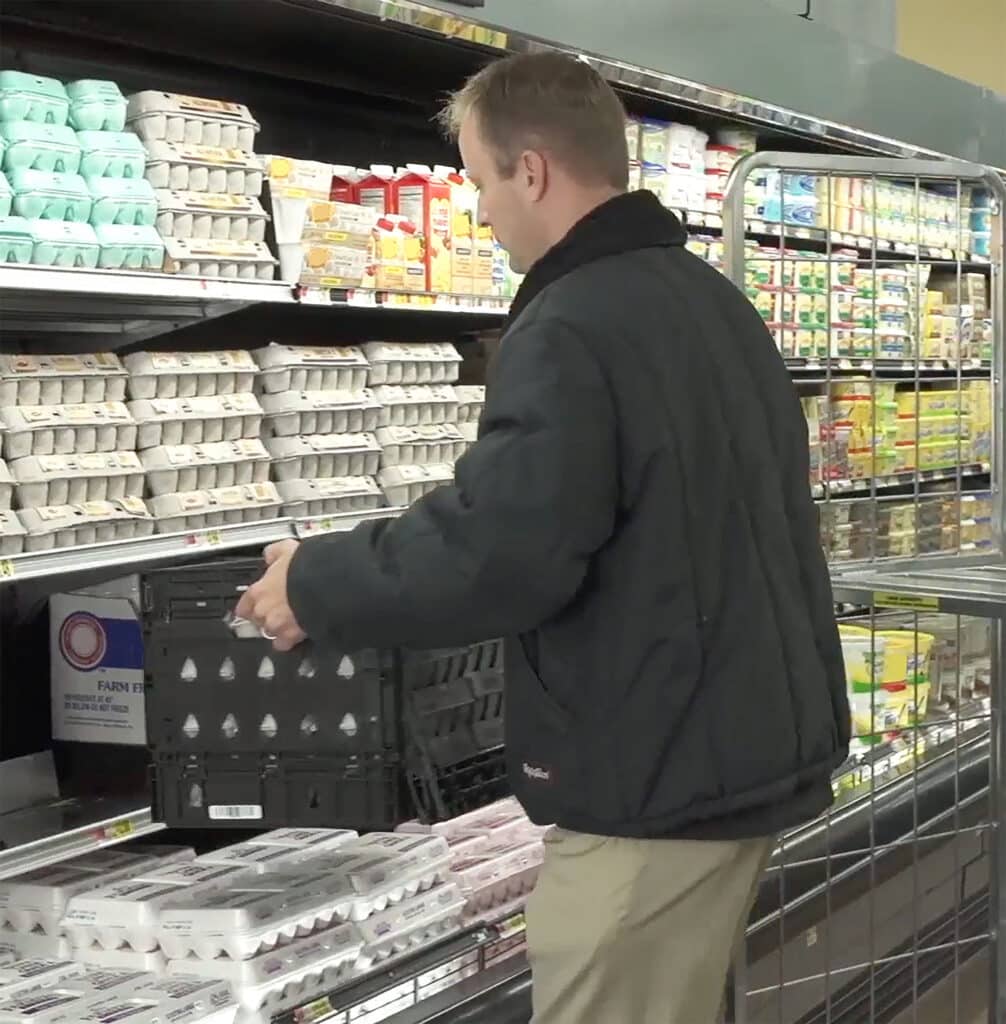
Tosca also presented an opportunity to reduce single-use waste and reduce GHG emissions. The crates are used hundreds of times in the supply chain then ground down and recycled 100% at the end of their useful life. And the greater product protection allowed for fuller trucks without causing damage, which reduced GHG emissions by 63.58%.
For Prairie Star Farms, the move to Tosca wasn’t just about solving today’s problems. It was about
securing tomorrow’s success.
What changed? Fewer damaged eggs, more efficiency, and faster cooling
Since switching to Tosca’s reusable plastic containers, Prairie Star Farms has seen significant improvements across the board.
Better Egg Protection
Tosca RPCs provide better structural support, which reduces damage and rejection.
Reduced Transportation Emissions
Prairie Farms reduced its GHG emissions by 63.58% after switching to Tosca RPCs.
Faster Cooling, Increased Food Safety
Minimize the risk of spoilage and contamination while delivering the freshest product possible
More Efficiency, Automation-Ready
Standard RPC footprint means no machinery changes for different box sizes.
Strengthen Brand Reputation
Keep up with demand better and avoid price hikes by reducing damage.
Reduced Waste
Eliminate single-use packaging waste and disposal fees.
Here’s how to get started:
Learn more:
Explore Tosca’s reusable plastic containers and discover the benefits for your supply chain.
Test before you commit:
Tosca offers pilot programs so you can evaluate the impact before making the switch.
Get ongoing support:
Tosca’s team is ready to help with onboarding, troubleshooting, and making the transition easy.

